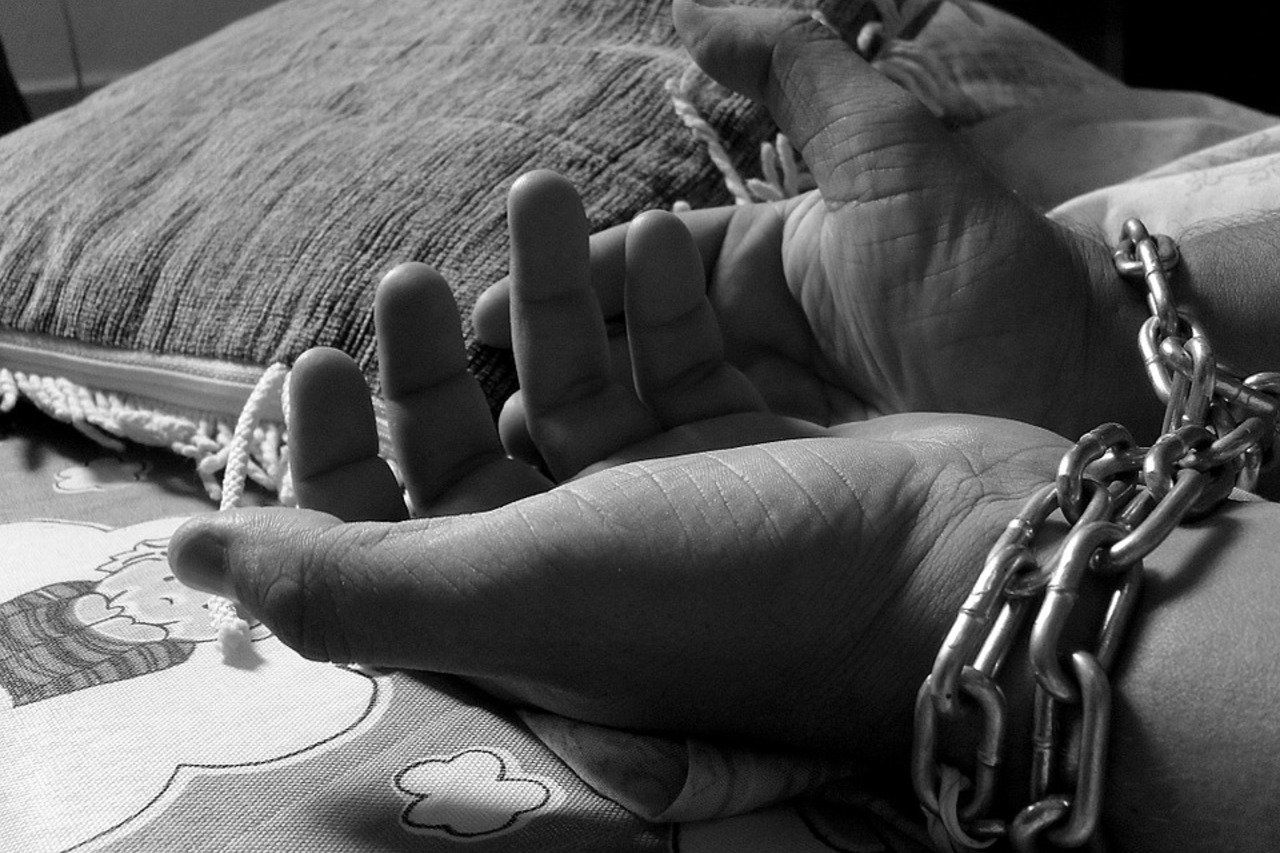Human trafficking is one of the world’s fastest-growing criminal enterprises, generating around $150-billion every year with between 27 and 46 million people enslaved at any given time globally.
Sadly, not even children are spared, with about 2 million sold to the sex trade each year. The majority of these young victims are aged between 11 and 14.
Child forced labour is growing consistently as the demand for cheap products ranging from food to clothing to gadgets increases. Modern-day slavery is thriving.
Like South Africa, some governments across the world are adopting anti-trafficking legislation that imposes heavy sentences for traffickers when found guilty.
Citizens also play an important role to combat this devastating trade. From keeping a few safety tips in mind to being more aware of those around you to spot a possible trafficking victim – every bit helps.
GENERAL SAFETY TIPS
- Always trust your judgment. If something feels wrong, rather steer clear of the situation entirely.
- Inform someone the moment you feel threatened. Send a message to a friend or relative and, if possible, ask someone nearby to help you.
- Check before you get into any form of public transport vehicle. If you’re unsure, rather wait for the next vehicle.
- Be aware of your surroundings. Keep an eye on those around you and, if you see anyone suspicious, alert someone.
- When in public areas such as shopping centres or clubs, try and stay in a group, especially when going to the bathroom or walking back to your car.
- Don’t accept drinks from strangers and always keep an eye on your own beverages. Trafficking victims are often drugged in order to subdue them.
FOR JOB SEEKERS
Trafficking victims are often lured with jobs and promising travel opportunities, so it’s vital to always be extra-cautious in these situations.
- Read up on the company you are being interviewed for. It’s also a great idea to ask people on social media whether they’ve had any experience with the company in question.
- When attending an interview, make sure it’s in a public setting or an area where other people will be nearby.
- Inform friends and loved ones about the time of the interview and the exact location of the meeting.
- If an offer sounds too good to be true, it probably is. Trust your instincts and rather walk away if you feel uncomfortable.
- Before accepting a job, request detailed terms of employment, the working hours and where you will be working. If the recruiter is hesitant to provide this info, walk away.
- Often, the recruiter will become aggressive when they sense your hesitation. If this happens, walk away.
- Never hand over any official documents such as your ID, drivers licences, passport and other important paperwork. No employer has the right to hold your documents for any reason.
- For overseas work, ensure you know exactly where you’re going and where you’ll be staying. If accommodation has been organised on your behalf, contact the place you’ll be staying at to confirm arrangements have been made.
- Ensure all necessary paperwork has been finalised before you get on the plane to go overseas. A promise that your visa will be sorted out once you get there should raise alarm bells.
- When overseas, ensure you still have full access to all forms of communication, your bank accounts and medication.
REPORT IT
While it’s not always easy to identify a possible victim of trafficking, there are some things (although not exhaustive) to look out for in a person:
- The person seems anxious and fearful and avoids eye contact.
- Bruises or cuts that could be signs of physical abuse.
- The person they are with is very dominating and tends to physically maintain control of the victim either by holding their arm or their wrist.
- The person won’t be allowed to be on his/her own.
- A person working excessively long hours for very little pay is reason for concern.
- The person appears malnourished or poorly looked after.
- Victims often have little to no personal possessions.
In the end, it’s important to rely on your instincts. If you suspect a possible trafficking situation, you need to report it to the police.
Non-profit organisation, A21, has also teamed up with government and local law enforcement in setting up a National Human Trafficking Resource Line where you can report any suspicious activities, or where victims can receive help. You can contact the resource line on 0800 222 777.
Sources: stoptrafficking.org.za | US Office to Monitor and Combat Trafficking in Persons

